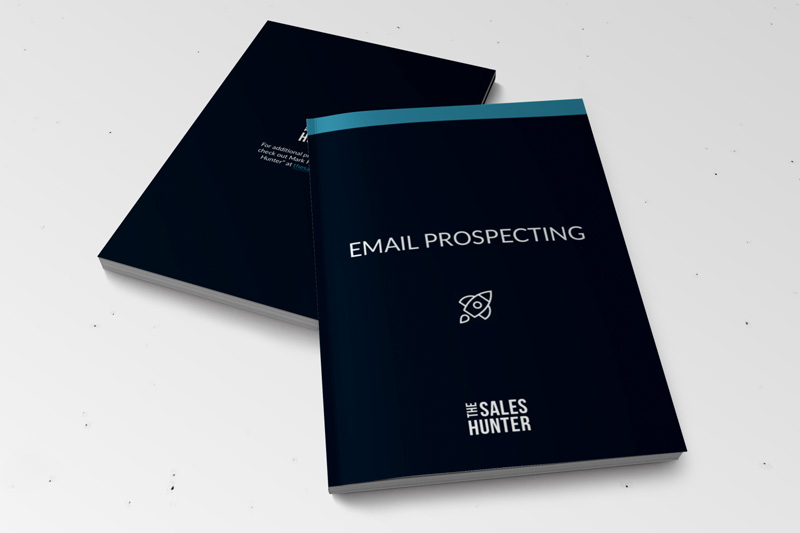 This question comes up in many different forms, but the issue is the same.
This question comes up in many different forms, but the issue is the same.
How should I talk about my competitor when asked by a customer?
The quick answer I give to people when asked this question is, “No, you shouldn’t talk about them.”
But I admit — that answer does come with some exceptions.
The “no” is driven by my strong belief that talking negatively about a competitor lacks integrity. My parents always taught me — and I in turn have taught my own children — that we simply do not go around talking negatively about anyone.
If you don’t have something good to say about somebody, then don’t say anything at all.
One of the biggest reasons I follow this philosophy is because two can play the game. If you talk bad about somebody else, then they can just as easily be talking bad about you.
Put aside the issue of how you feel you’re right and they’re wrong. The collateral damage from a war of words can be major.
Now let’s get to the exceptions to the rule of not talking about a competitor.
First, if the competitor is doing something awesome, call it out when appropriate. You’ll never be viewed in a dim light if you’re seen complimenting a competitor. I’m not saying you run around 24/7 saying how good they are, but if asked about them, you state what they’re doing well.
The real challenge is when you know you’re better than a competitor and you need your customer to understand it.
The best approach is by letting the customer tell you the competitor is inferior to you. You do this by asking the customer questions that allow them to conclude on their own about how you perform “x” better than someone else.
Having a comparison chart showing you and competitors is also acceptable, as long as the chart is 100% accurate — not just by your standards, but also by what others in your industry would say.
Don’t wave the chart around as a key part of your sales or marketing materials. No, use the chart only on those occasions where it is applicable to do so.
Key when using it is to not come across as bashing the competition. Rather, you want to be seen as merely presenting information and allowing the customer to reach their own conclusion.
Your objective when dealing with the question of a competitor is to be seen as a sales leader who demonstrates integrity and respect, regardless of the situation at hand.
Rise above the unethical tactics and be the true sales leader your customers want and need.
Copyright 2014, Mark Hunter “The Sales Hunter.” Sales Motivation Blog. Mark Hunter is the author of High-Profit Selling: Win the Sale Without Compromising on Price.













